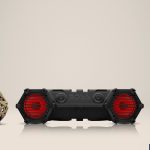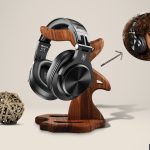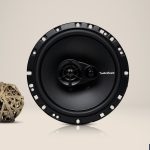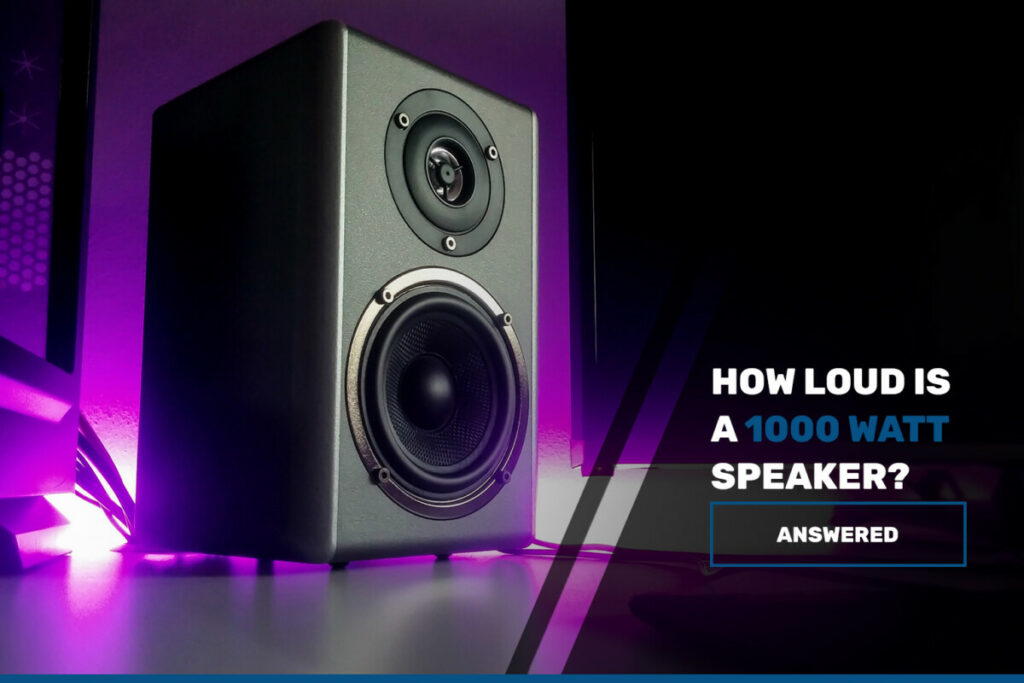
When it comes to speakers, wattage is often used as a measure of power and potential loudness. But what does it mean for a speaker to be rated at 1000 watts?
In this article, we will delve into the topic of speaker wattage, examining the impact of a 1000-watt rating on a speakers overall sound output.
I know many people are interested in specifics and accurate answers, some are interested in knowing how loud is a 50 watt speaker, while some are interested in knowing how loud is a 1000 speaker, and so on.
Whether you’re a music enthusiast or a professional in need of a powerful sound system, this article will provide valuable insight into the world of speaker wattage.
Keep reading to learn more.
How Loud Is A 1000 Watt Speaker? – In Decibels
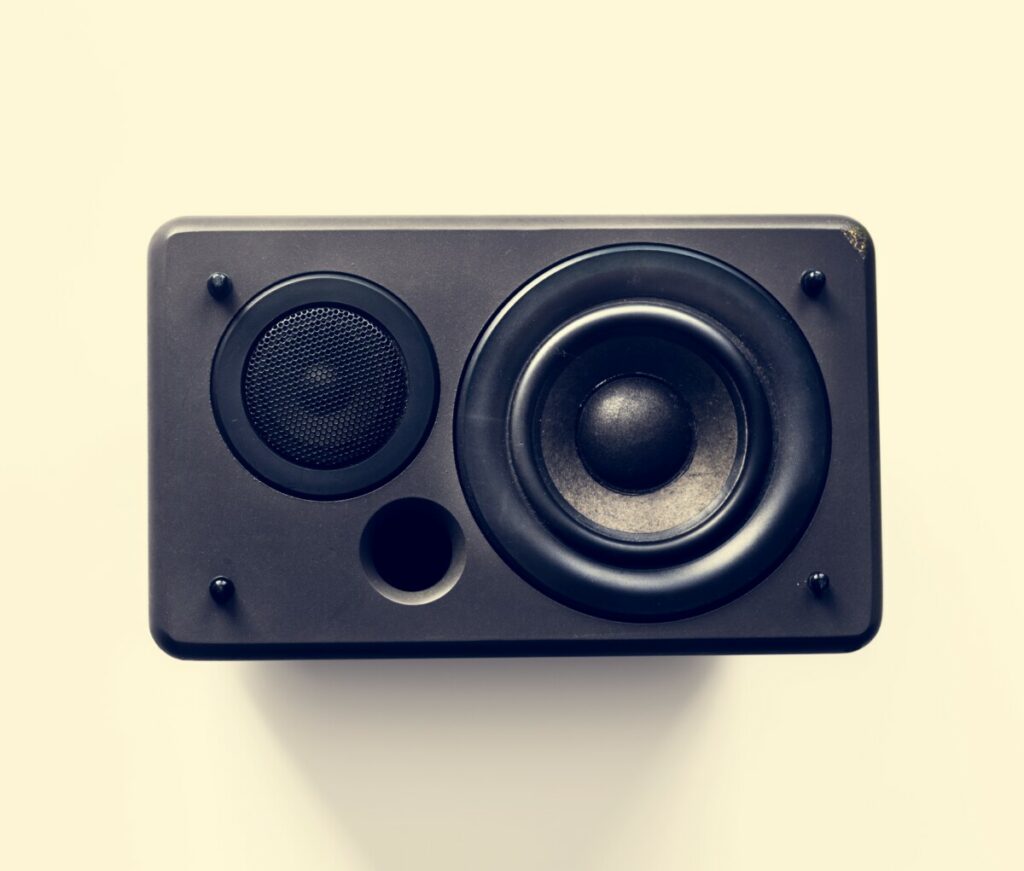
The loudness of a 1000-watt speaker in decibels is not a fixed value, as it can vary depending on a number of factors such as the specific speaker design, the room acoustics and the distance from the listener.
Decibel (dB) is a logarithmic unit of measurement that expresses the ratio between two values of a physical quantity and is commonly used to express the loudness of sound.
A 1000-watt speaker can produce a loud sound, but the exact decibel level will depend on the speaker’s efficiency, or the amount of sound produced per watt of power.
A more efficient speaker will produce more sound with the same power input comparred to a less efficient speaker. Additionally, a speaker placed in an open field or a large room will produce louder sound compared to a speakerr placed in a small room with sound-absorbing materials.
As a rough estimate, a 1000-watt speaker can produce sound at around 110-120 decibels. However, it’s important to note that prolonged exposure to sound at or above 85 decibels can cause hearing damage, so it’s important to use speakers at safe levels and take necessary precautions when using them in a loud environment.
Other Things That Affect the Loudness Of A 1000 Watt Speaker
There are also some other things you should know, which are all related to the loudness of speakers. To fully understand how many watts a good speaker is there are a plenty of aspects to consider, and you should also ask yourself, how loud is loud for you, and how loud do you want your experience to be?
Power output:
A 1000-watt speaker will be able to produce a louder sound than a speaker with a lower power output because it can handle a higher amount of power. This means that more energy can be sent to the speaker which results in a louder sound.
It’s important to note that just because a speaker has a high-power rating, it doesn’t necessarily mean it will be loud. Other factors like the speaker size, frequency response, sensitivity, and impedance also play a role.
Speaker size
Larger speakers typically have the abbility to produce louder sound than smaller speakers because they have a larger surface area which allows them to move more air. This results in a louder sound. Additionally, larger speakers also have a larger cone which can also contribute to a louder sound.
Frequency response
The speaker’s ability to accurately reproduce different frequencies can affect the overall loudness of the sound. If a speaker has a wide frequency response, it will be able to reproduce a wider range of frequencies which can result in a more dynamic and fuller sound.
If a speaker has a narrow frequency response, it will struggle to reproduce certain frequencies which can result in a less loud and less dynamic sound.
Sensitivity
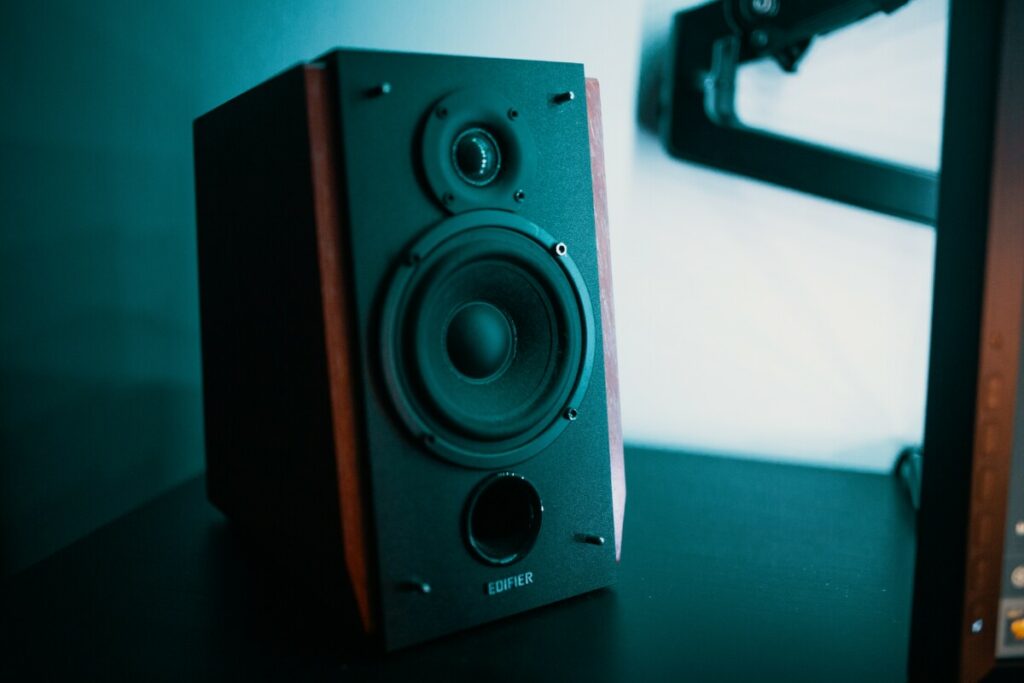
This refers to the speaker’s ability to convert power into sound, and can impact how loud the speaker can get. A speaker with high sensitivity will be able to convert more power into sound which can result in a louder sound.
However, a speaker with low sensitivity will struggle to convert power into sound resulting in a less loud sound.
Impedance
The electrical resistance of the speaker, measured in Ohms, can impact how much power is needed to drive the speaker to its maximum loudness.
A speaker with a low impedance will require less power to reach its maximum loudness than a speaker with a high impedance. For example, there are differences between 2 ohm vs 4 ohms speakers which also affect the loudness.
Environment
The acoustic of the room or space where the speaker is located can also affect the perceived loudness of the sound. Hard surfaces like walls and floors will reflect sound, which can amplify the sound and make it appear louder.
Soft surfaces like carpets and drapes will absorb sound, which can reduce the perceived loudness. Additionally, the size of the room can also impact the loudness, as the sound will dissipate in a larger room making it appear less loud than in a smaller room.
Where Can One Use 1000-Watt Speakers?
1000-watt speakers are typically used in large venues or professional settings, where high voluem and powerful sound required. Some examples of places where 1000-watt speakers are commonly used include:
- Concert venues: 1000-watt speakers are often used in concert venues to provide high volume and powerful sound for large crowds. They are also used in outdoor festivals and live music events.
- Nightclubs: 1000-watt speakers are frequently used in nightclubs and other entertainment venues to provide high-energy sound and create a lively atmosphere.
- Sports venues: 1000-watt speakers are also used in sports venues such as stadiums and arenas to provide powerful sound for announcements and entertainment.
- Large home theaters: For those who want to have a movie theater experience at home, 1000-watt speakers can provide high-volume and powerful sound for large home theaters.
- Outdoor events: 1000-watt speakers can also be used for outdoor events such as weddings, parties, and other gatherings where powerful sound is needed.
It’s important to note that 1000-watt speakers are not suitable for small spaces or home listening, as the high voluem can be overwhelming and can cause distortion or damage to the speakers.
It’s also important to consider that the 1000-watt rating is often the peak power ratting, for continuous use, the RMS rating should be considered to avoid damage to the speakers.
Final Thoughts
In conclusion, a 1000-watt speaker is a powerful and high-volume speaker used in large venues. They can be found in concert venues, nightclubs, sports venues, large home theaters, and outdoor events.
But it’s important to note that these speakers arent suitable for small spaces or home listening, as the high volume can be overwhelming and cause damage.
Additionally, RMS power rating should be considered instead of peak power rating and a 1000-watt speaker can provide powerful sound but should be used with caution.
Composer & Audio Engineer
I’m a composer and audio engineer crafting sonic magic. Combining my skills in rhythm, harmony, and sound synthesis to create the ultimate auditory experience.

